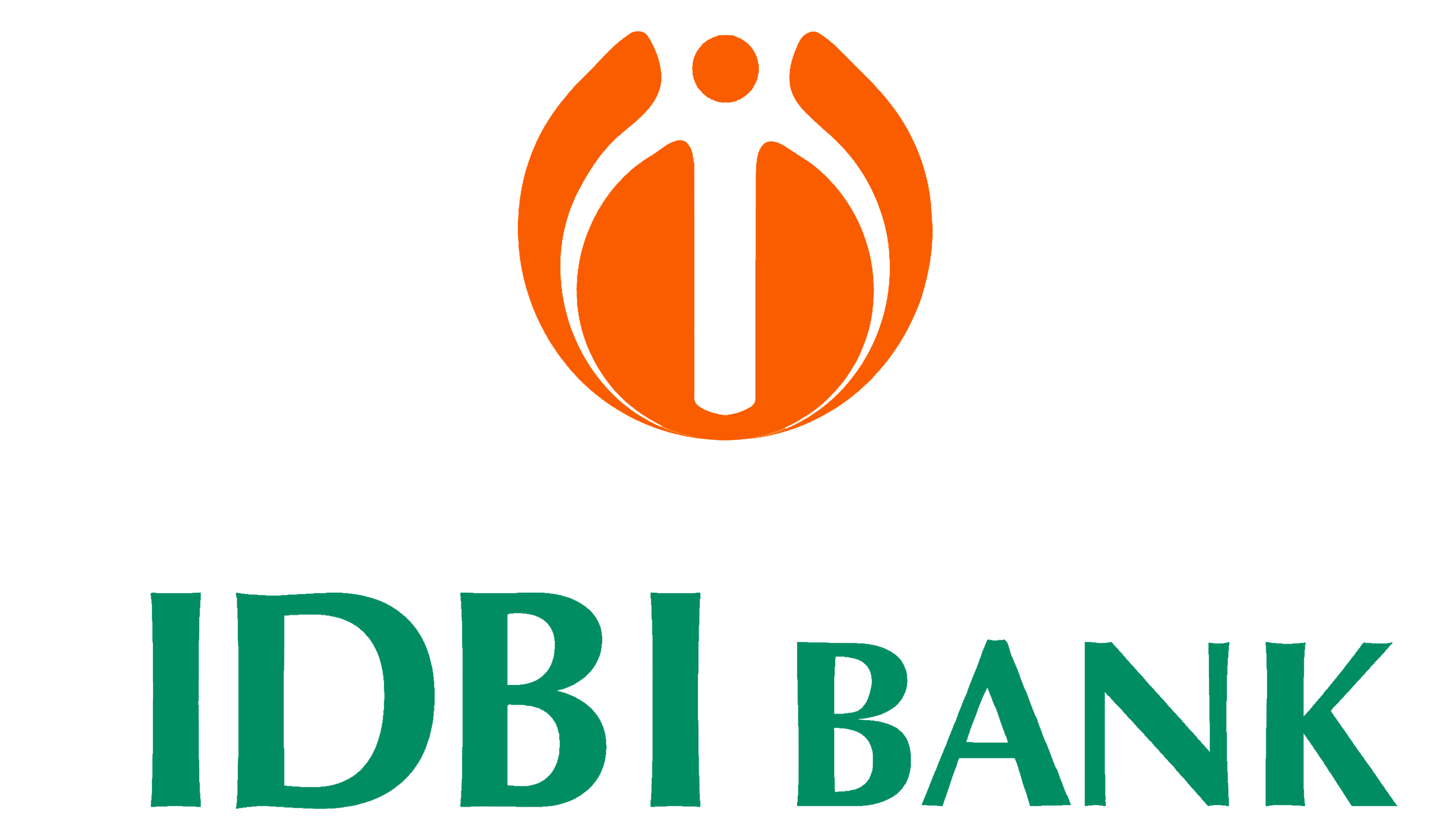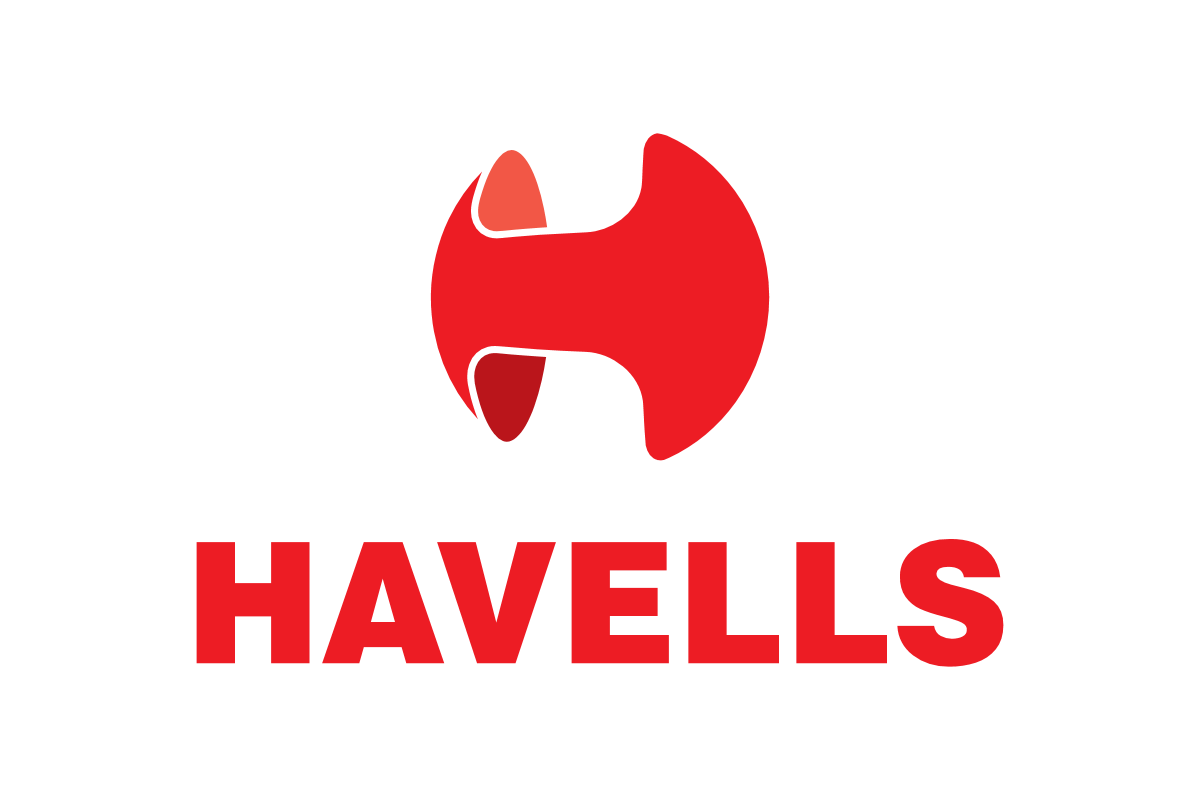1. Legal Continuity and Recognition: Regular ROC compliance preserves the Farmer Producer Company’s legal identity under the Companies Act, 2013, ensuring uninterrupted operations and statutory recognition.
2. Improved Financial Transparency: Timely submission of financial statements and annual returns enhances financial accountability, reinforcing trust among stakeholders, regulators, and funding partners.
3. Eligibility for Government Schemes: Compliant FPCs qualify for various central and state-supported schemes, including agricultural subsidies, rural development grants, and training programs.
4. Protection from Legal Penalties: Adhering to statutory deadlines helps avoid late fees, regulatory penalties, director disqualification, or company strike-off proceedings.
5. Increased Trust Among Members and Investors: Consistent compliance demonstrates sound corporate governance, which instills greater confidence among shareholders, potential investors, and financial institutions.
6. Strengthened Internal Governance: Mandatory filings support better organizational discipline through regular board meetings, accurate record-keeping, and effective decision-making.
7. Easier Access to Finance: A compliant FPC presents lower risk to lenders, facilitating access to credit, grants, and low-interest loans from banks and institutions.
8. Broader Market and Partnership Opportunities: Maintaining compliance boosts credibility and enables FPCs to engage in formal contracts, government tenders, and collaborations with corporate buyers.
9. Long-Term Operational Stability: Ongoing ROC compliance helps the FPC retain “Active” status on the MCA portal, ensuring legal continuity and operational security.














